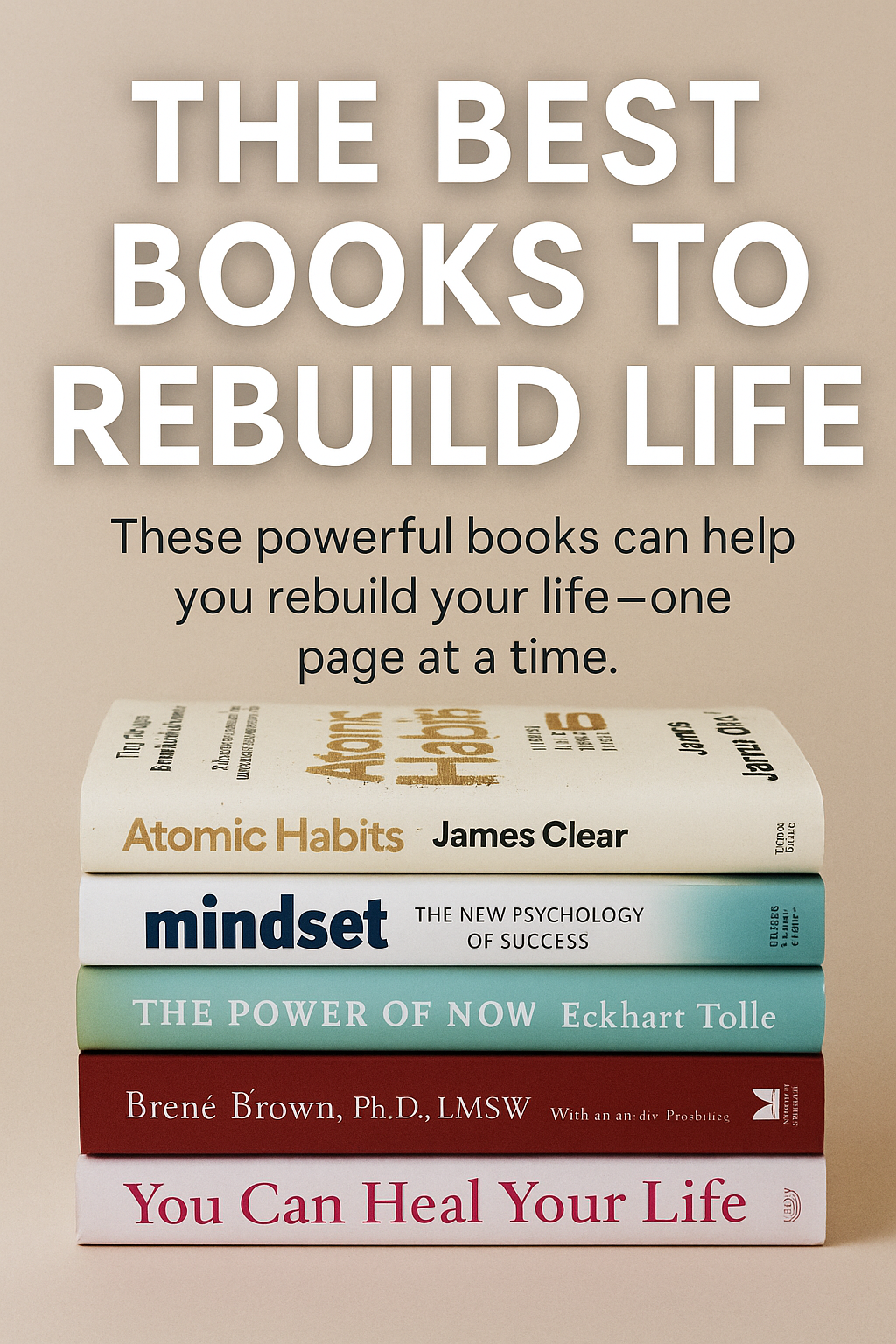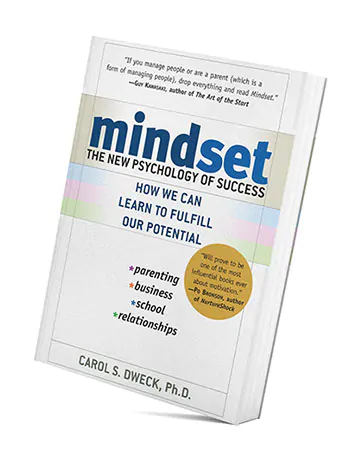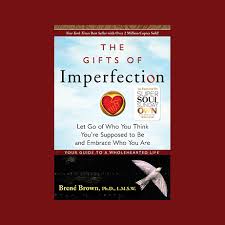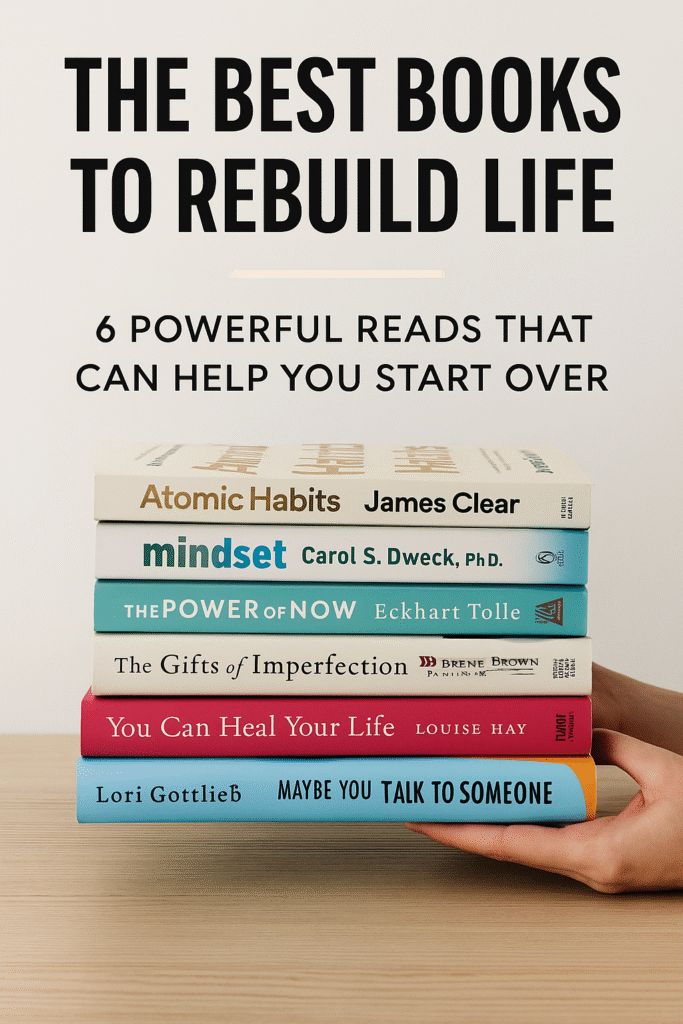
Affiliate Discloser:
This post contains affiliate links. If you purchase through these links, I may earn a small commission at no extra cost to you. I only recommend books and resources that can add value to your wellness journey. Thank you for your support.
Table of Contents
ToggleIntroduction
The Best Books to Rebuild Life are not just stories. They are guides that help us heal, grow, and start again. When life feels heavy or uncertain, the right book can bring clarity and strength.
This article shares six powerful books that offer practical wisdom. They cover habits, mindset, love, courage, and meaning. Each one has lessons you can apply in daily life.
Whether you are overcoming challenges, starting fresh, or seeking inspiration, these books can point you toward a new beginning.
1. Atomic Habits by James Clear
This book explains how small daily actions can create big results over time. James Clear focuses on systems, not just goals. He shows how to break bad habits and build good ones using simple steps.
Clear believes identity shapes habits. If you see yourself as a “healthy person,” your actions naturally follow. He also gives tools to overcome procrastination and keep progress steady.

Best for: Cultivating new routines and restoring equilibrium in your life. This book has significant outcomes. James Clear elucidates the mechanics of habits and offers a methodical approach to transforming them, one minuscule step at a time. If your life appears tumultuous or unproductive, Atomic Habits will equip you with the tools to reconstruct it through structure and consistency.
Key Takeaways – Atomic Habits
- Small habits add up to big changes.
- Focus on systems, not just goals.
- Build identity-based habits for long-term success.
- Celebrate small wins and stay consistent.
Review:
Atomic Habits is one of the most practical and widely loved self-help books out there. James Clear breaks down the science of habit formation into simple, easy-to-follow strategies. Whether you’re trying to quit bad habits or build positive ones, this book shows how small actions done consistently can lead to big life changes. It’s especially helpful if you’re starting over and need structure to rebuild.
Related post to strengthen your habits: Check out these practical tips to build self-discipline and overcome procrastination ;
2.Mindset: The New Psychology of Success by Carol S. DweckBest for: Shifting the way you think about challenges and growth.
Carol Dweck introduces the idea of fixed mindset vs growth mindset. A fixed mindset believes abilities cannot change. A growth mindset believes abilities can improve with effort.
She shows how mindset affects learning, work, and relationships. Adopting a growth mindset helps people accept challenges, learn from mistakes, and grow stronger.
Key Takeaways – Mindset
- Abilities can improve with effort and learning.
- Failures are lessons, not dead ends.
- Praising effort is better than praising talent.
- A growth mindset opens doors to success.
Review:
In Mindset, psychologist Carol Dweck explains the powerful difference between a fixed mindset and a growth mindset. She shows how your beliefs about your ability to change can shape your success, relationships, and happiness. It’s an eye-opener for anyone feeling stuck or defeated—offering a new way to look at failure and personal growth.
Learn more in this research on growth mindset from the American Psychological Association.
3. The Power of Now by Eckhart Tolle
Eckhart Tolle teaches the importance of living in the present moment. Many people suffer by living in the past or worrying about the future.
He explains that freedom comes when we step away from negative thoughts and return to the “Now.” The book combines spiritual insight with simple practices like mindful breathing.
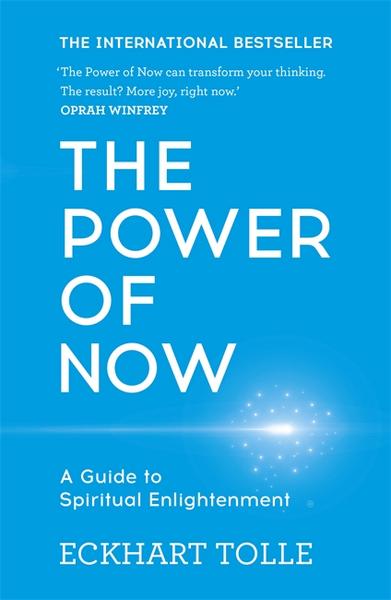
Best for: Finding peace when your mind won’t stop racing.
When life gets too overwhelming, this book offers a quiet escape. It teaches you how to live in the present moment instead of being stuck in the past or anxious about the future. It’s deep and calming.
Key Takeaways—The Power of Now
- The present moment is all we truly have.
- Worrying about the past or future creates stress.
- Awareness helps break negative thought cycles.
- Mindfulness and presence bring peace.
Review:
This spiritual classic teaches readers how to find peace by staying present in the moment. The Power of Now is calming, reflective, and transformative—perfect for anyone struggling with anxiety, overthinking, or emotional overwhelm. Tolle’s message is simple but powerful: true peace comes when we stop reliving the past or fearing the future.
If you want more body-mind balance, explore these easy yoga poses for neck and shoulder pain relief.
4. The Gifts of Imperfection by Brené Brown
Brené Brown’s book is about living authentically and embracing imperfection. She argues that trying to be perfect creates shame and weakens connection with others.
Instead, she encourages vulnerability, courage, and self-compassion. Her research shows that people who accept their flaws live with more freedom and joy.
Best for: Learning to accept yourself as you are.
Key Takeaways – The Gifts of Imperfection
- Perfectionism blocks real connection.
- Vulnerability is a strength, not a weakness.
- Courage and self-compassion lead to authentic living.
- Accepting flaws brings peace and joy.
Review:
In The Gifts of Imperfection, Brené Brown offers a heartfelt guide to letting go of shame, perfectionism, and fear. Through ten “guideposts,” she encourages readers to live more fully and authentically. It’s a great read if you’re rebuilding after emotional pain or self-doubt and want to feel more confident in who you are.
Watch for deeper insight: Brené Brown’s famous TED Talk on the power of vulnerability
5. The Road Less Traveled by M. Scott Peck
Which book will you start with? Share your choice in the comments below.

